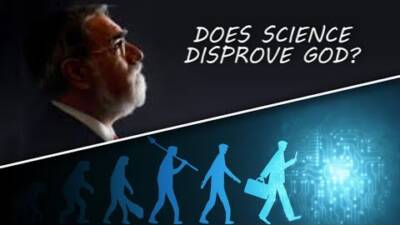Share
In the 19th chapter of Sefer Shemot in the parsha of Yitro, God summons the people to Mount Sinai and gives them a remarkable offer. In the Rabbi’s phrase, He invites us to become God’s partners in the work of creation. And He says to the people, “You have seen how I have brought you out of Egypt, on eagles’ wings, and brought you close to Me. And now, if you so choose, you will become an am segulah, a people specially close to God. And you will be “v’atem tih’yu li mamlechet kohanim v’goy kadosh”, “you will be to Me a kingdom of Priests and a holy nation” [Exodus 19:6].
In other words, God asked us to be His ambassadors down here on Earth, which is probably the most challenging vocation anyone has ever been given. It doesn’t mean that we’re better than anyone else. It doesn’t mean that we’re worse than anyone else. It means that the task to which we have been summoned is just different.
Some nations in the history of humanity have given the world the idea of beauty, or of science, or of philosophy, or of music. It has been our task always to be God’s witnesses in the world. If you study Jewish history, you will time and time again, in century after century, and in multiple and variegated ways, Jews have always been a kind of people who testify in themselves to something greater than themselves. Jews have always done extraordinary things because they were challenged by God to do this very tough task of so acting as to bring humanity to see the universe as God’s work and the Bible as God’s will.
God wants us to be the people who are true to our faith, while being a blessing to others regardless of their faith. I once put it by saying, “Jews are the people who are the voice of hope in the conversation of humankind.” That’s what we were chosen for, and it seems to me that I can think of no higher vocation.
In partnership with TorahCafe (www.torahcafe.com), Rabbi Lord Jonathan Sacks recorded a series of short videos in May 2013, in answer to some of the most frequently asked questions of Judaism (and faith in general).
More FAQs

What was the Rambam controversy?
Question 13

What is Jewish leadership all about?
Question 12

Would the world be better without any religion?
Question 11

What is a Rabbi?
Question 10

Why do bad things happen to good people?
Question 9

What do Jews believe about the afterlife?
Question 8

What's the purpose of life?
Question 7

If you could ask God one question, what would you ask?
Question 5

How can the belief in God be reconciled with science, especially evolution?
Question 4

How can the Torah be trusted?
Question 3

How do you know there is a God?
Question 2

What are the basic beliefs in Judaism?
Question One
